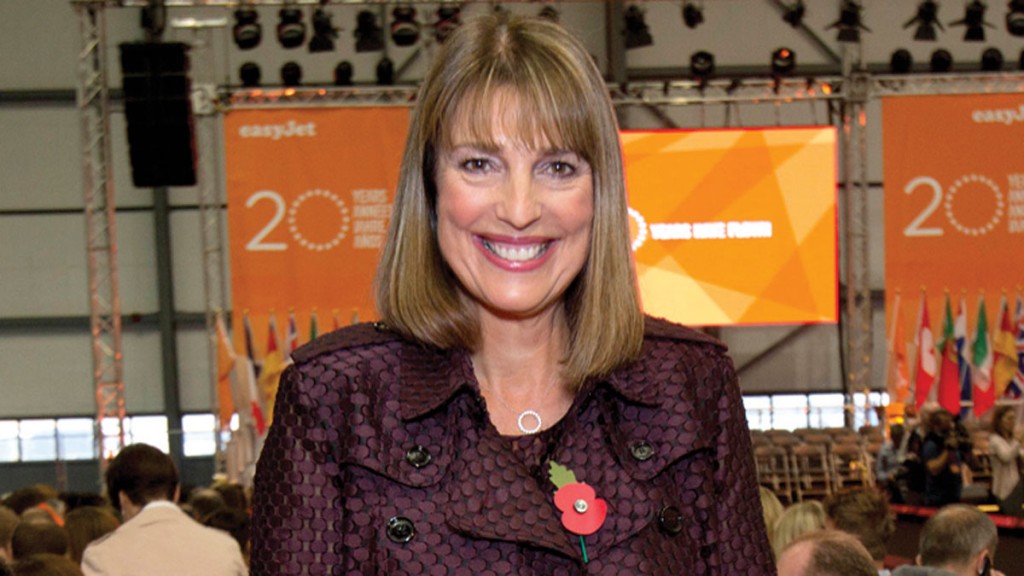
Would he or wouldn’t he? At the start of this week the City was awash with speculation about whether Mark Carney would stay on at the Bank of England when his first five years are up, or pack his bags and return to his native Canada. In the end, we were told he would stick around until 2019.
The more interesting question is who should succeed him? In recent years the job has gone to a City heavyweight or a professional Bank insider – or, in Carney’s case, a high-flying foreigner. But there is an older tradition worth reviving: appointing an industrialist. Central banking across the world has become a narrow, inward-looking profession, dominated by economists and investment bankers. The best thing the UK could do is open it up to fresh ideas.
It is not unheard of to choose a complete outsider. Baron Catto, who ran the Bank from 1944 to 1949 and took it into state ownership, was a self-made man who left school in Newcastle at the age of 15 and made his fortune in shipping. In steering the UK through a rocky transition as it leaves the EU, maybe that idea should be revived, because the Bank needs to be run by someone who knows how the real economy works.
Central bankers are increasingly drawn from a shallow pool; they are invariably former investment bankers, usually from Goldman Sachs, academic economists, or career government officials. They go to the same conferences, sit on the same committees, and parrot the same rhetoric.
The result? Massive quantitative easing, zero interest rates – and now even negative ones – and ever more bizarre and complex forms of stimulus. And all it has really achieved is a global economy that remains stuck in first gear and seems to be sliding towards permanent deflation. If that is not a good argument for trying something different, it is hard to know what is.
The advantage of a businessperson is that they would have few preconceptions about what works and what doesn’t. They wouldn’t worry much about what was fashionable in the university economics departments, nor whether policy was right for the global investment banks. Instead, they could concentrate on what industry needs, which would be a refreshing change. And they could throw out a lot of the theorising and academic mumbo jumbo that has cluttered up monetary policy, cutting through to what needs to be done – which is what the best business leaders are good at.
There is no shortage of potential candidates. Simon Wolfson has done a great job at Next, and his work on the euro has shown he is engaged with the major economic issues. Justin King did an excellent job of turning around Sainsbury’s and approaches every task with a keen intelligence. Andy Street, the outgoing boss of John Lewis, everyone’s favourite shop, is the Conservative candidate for West Midlands mayor. Why not run the Bank? Heck, you could combine the two – how much time does it take to run Birmingham?
A Bank never knowingly undersold would be a refreshing change. How about Carolyn McCall? She turned easyJet into a major airline. With women running Britain, Germany and probably the US soon, it is about time we had a female governor.
Central banking needs fresh ideas – and the Bank needs them most of all. It would be easy to slot in one of Carney’s deputies to replace him, or hire someone from one of the high-street banks, even if it is hard to see anything especially clever about the way they’re run. The best choice by far would be someone from industry. They could bring a fresh mind and try something different – and that is certainly needed.